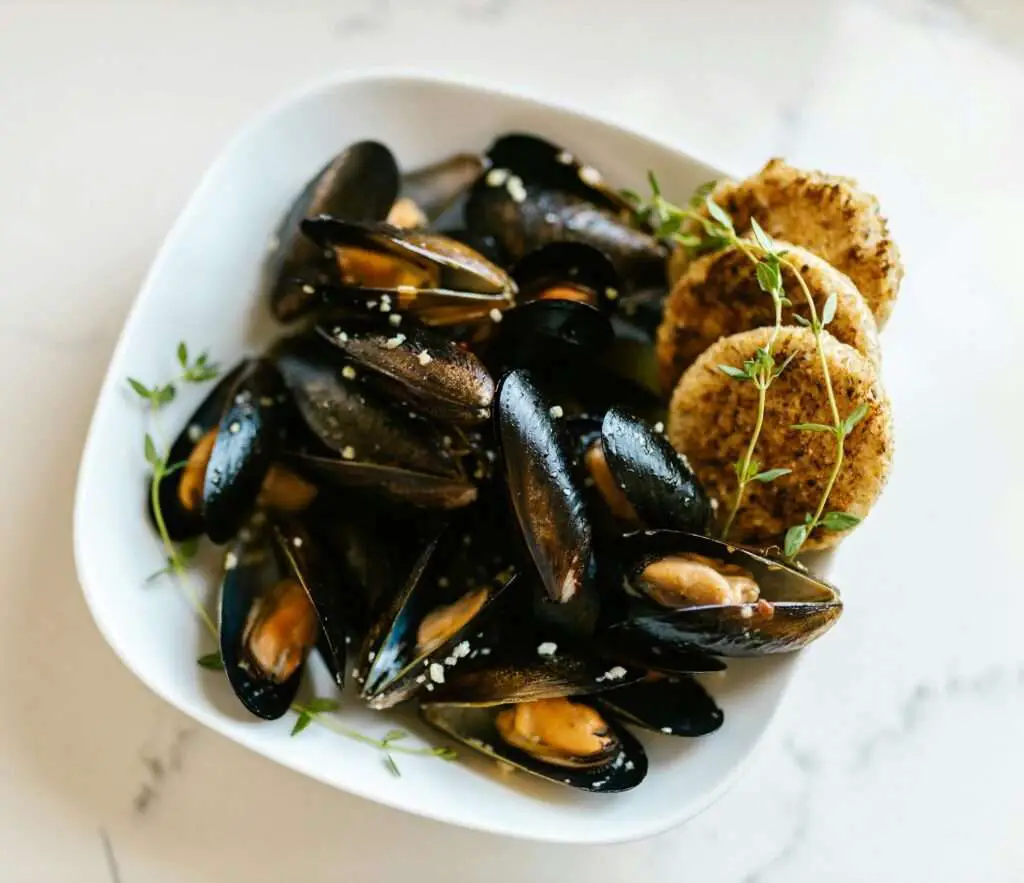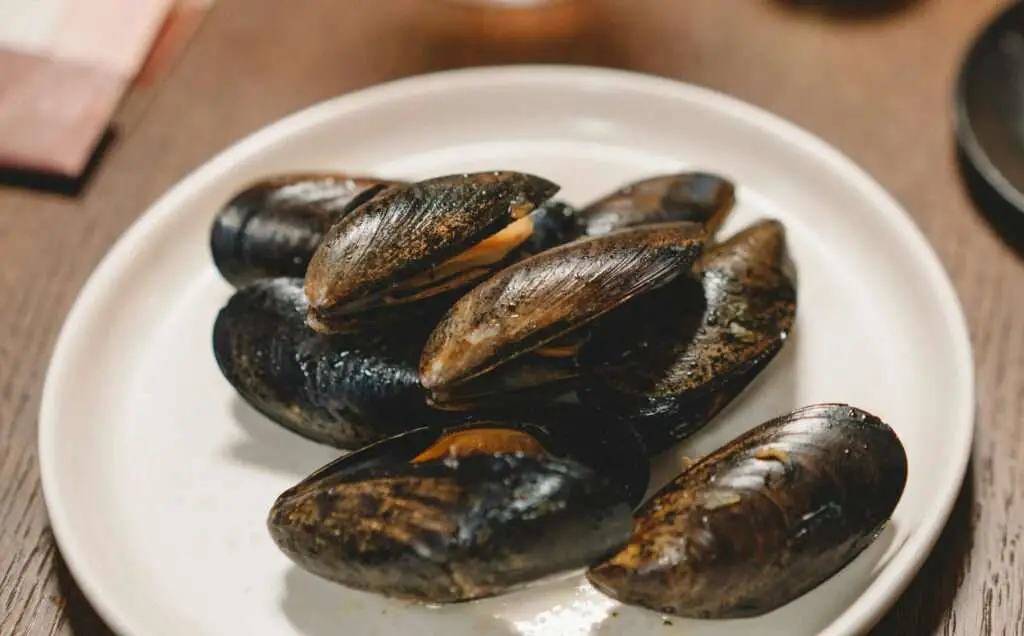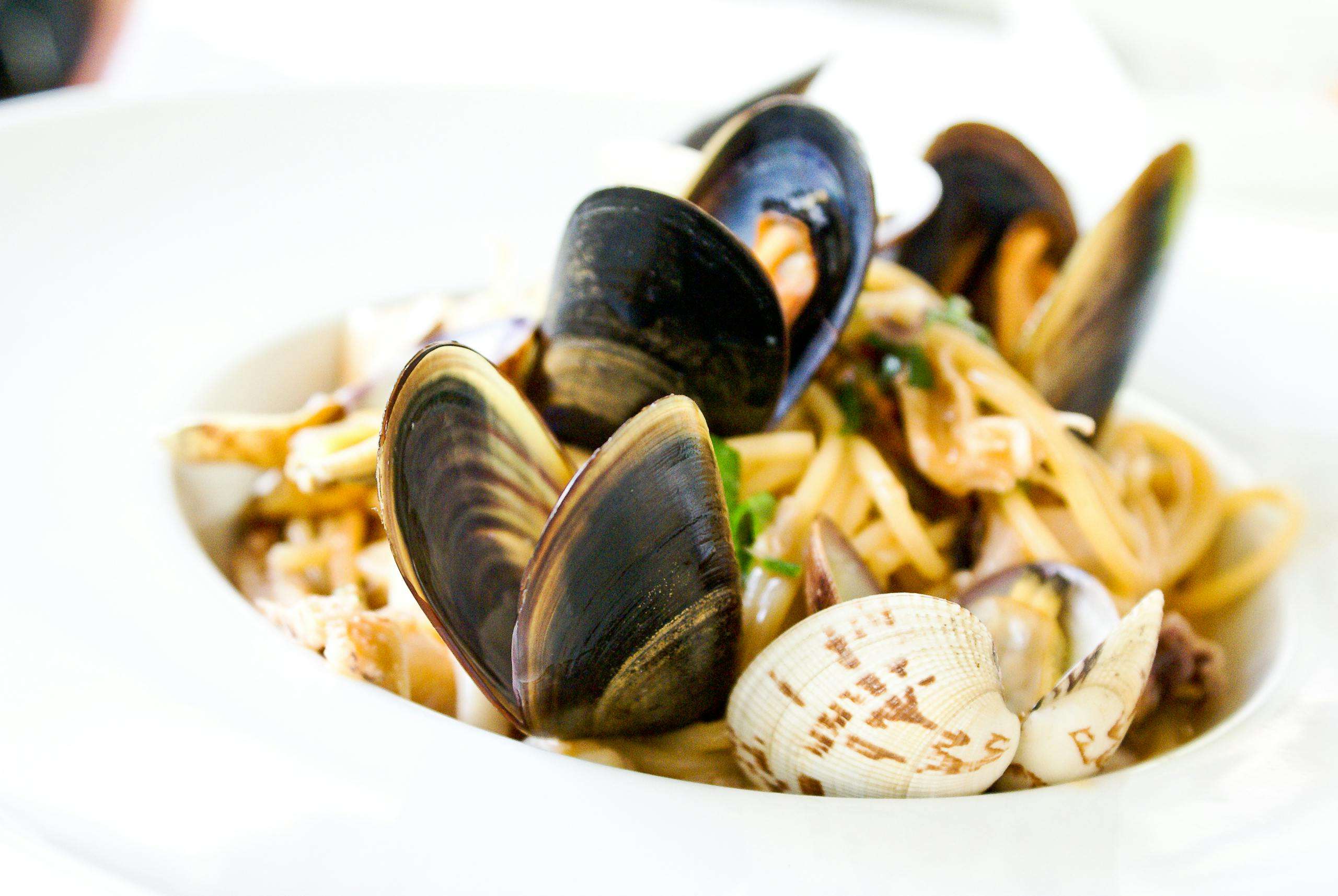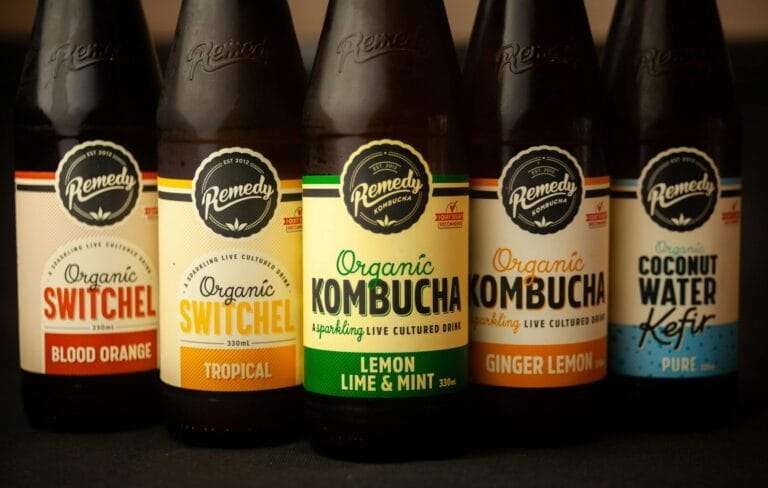Are Mussels Halal? Everything You Need to Know
Mussels are a popular seafood enjoyed in many cuisines around the world. However, for Muslims who follow halal dietary laws, it’s important to know whether mussels are permissible to eat. In Islam, not all sea creatures are considered halal, and opinions vary depending on the school of thought. So, are mussels halal?
QUICK ANSWER: MOST ISLAMIC SCHOLARS CONSIDER MUSSELS HALAL.
What Are Mussels?
Mussels are a type of shellfish, commonly found in both saltwater and freshwater. They are known for their soft, chewy texture and are often served steamed, grilled, or in soups. Mussels are highly nutritious, rich in protein, vitamins, and omega-3 fatty acids.

Islamic Perspective on Seafood
Islamic teachings generally allow the consumption of seafood, as mentioned in the Quran and Hadith. The Quran refers to sea creatures as lawful food.
“Lawful to you is the game of the sea and its food as provision for you and the travelers.” Surah Al-Ma’idah (5:96)
Are Mussels Halal or Haram?
Halal:
Most Islamic scholars agree that mussels are halal to eat. This is based on the general principle that all creatures from the sea are considered halal unless specifically forbidden.
Haram:
However, some schools of thought, particularly in the Hanafi school, may have reservations about eating certain types of shellfish, including mussels, due to their classification as “non-fish” sea creatures. Despite this, the majority opinion still leans towards permissibility.
Conditions That Make Mussels Halal or Haram
To ensure mussels are halal:
- Source: The mussels must be sourced from clean and uncontaminated waters.
- Preparation: Care should be taken to avoid cross-contamination with haram (forbidden) ingredients during preparation, especially in restaurants.
- Ethical Considerations: Some Muslims also prefer ensuring that mussels are sourced sustainably, in line with the ethical principles of halal consumption.

Common Misconceptions About Eating Mussels
Some people believe that all shellfish, including mussels, are haram due to their appearance or habitat. This is incorrect, as most scholars agree that shellfish are permissible to consume. Another misconception is that mussels must be prepared in a specific way to be halal. While proper cleanliness is essential, no special religious procedure like that for land animals is required for seafood.
Health Benefits and Risks of Eating Mussels
Mussels are packed with nutrients:
- High in Protein: Mussels are a great source of lean protein, essential for muscle repair and growth.
- Rich in Omega-3: These fatty acids are known for supporting heart health and brain function.
- Vitamins & Minerals: Mussels provide a wealth of vitamins like B12 and minerals like zinc, which support the immune system.
However, consuming mussels from polluted waters can pose health risks due to contamination with toxins or heavy metals. Always ensure mussels are sourced from safe, clean waters.
Conclusion
Mussels are generally considered halal in Islam, as long as they are sourced and prepared correctly. Most Islamic scholars agree that all seafood is halal, and mussels fall under this category. However, as with any food, it’s essential to ensure cleanliness and avoid cross-contamination with haram substances.
Frequently Asked Questions
Are all shellfish halal?
- Most shellfish are considered halal in Islam. However, the Hanafi school of thought is more cautious about shellfish, while other schools, like the Shafi'i, Maliki, and Hanbali, generally regard all sea creatures as halal.
Can mussels be eaten raw in Islam?
- Yes, mussels can be eaten raw as long as they are properly cleaned and sourced from safe, non-contaminated waters. There is no specific restriction against raw seafood in Islam.
Do mussels need halal certification?
- No, mussels generally don’t require halal certification because seafood is typically considered halal. However, it's good to ensure that they are sourced from halal-friendly environments, free from contamination.
Why do some Muslims avoid shellfish like mussels?
- Some Muslims, especially those following the Hanafi school of thought, avoid certain shellfish because they classify only "fish" as halal, excluding crustaceans and mollusks. Other schools of thought, however, do not share this view.







